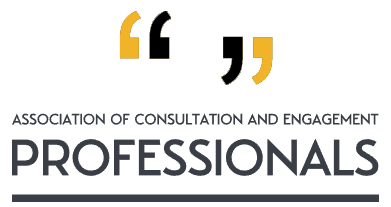Most people would agree that there is a difference between consultation and engagement – an idea supported by plenty of official guidance which distinguishes between the two. That said, there has always been an argument that engagement is an integral part of consultation. And what of “calls for evidence”?
Yet there can be confusion about what sort of exercise is actually being delivered. For example, in 2021 there was a legal case involving the Secretary of State for Work and Pensions. This revolved around a ‘stakeholder engagement’ exercises which ‘felt’ like a consultation and was confusingly posted on their ‘consultation hub’.
It’s harder than you think to describe the difference and to get agreement on the definition of these words. Subsequently, volunteering a consultation when you meant to run an engagement exercise is a real risk. One theory on how to detect the difference is to look at who is listening. If the decision makers aren’t, it’s likely to be engagement.
Apart from being crystal clear about your intentions, the only other way to help distinguish between the two is to make them more dissimilar. For example, running on a significantly different timetable and using terms like “questionnaire” for a consultation and “survey” for engagement work.
Either way, whether or not consultation is a legal requirement, if it is embarked upon it must be carried out properly. We think that high standards should be universally applied – and that’s one reason why we’re focused on both consultation and engagement practices.
The story gets better thanks to the case of a 2022 Judicial Review featuring Holland Park School. Consultation Guru Rhion Jones covers this fully in his blog. Essentially, a precedent has now been set for engagement whereby stakeholder rights have been elevated.
With this in mind, we’ve got an important announcement. We’ve been working on a voluntary, open and combined consultation and engagement good practice standard. It’s part of our mission to make participation positive.
While it’s not a gold standard, it’s something that organisations can use to demonstrate that they’re taking the practice seriously and a lever for participants in the process to demand more integrity.
We’ve designed it to ensure that if you comply, by default you’ll also be well on your way to adhering to the law of consultation (and possibly even the law of engagement!).
However, we’re not going to claim to have all the answers. Between now and the end of April we will be soliciting feedback here. Go ahead, click and have your say!
We aim to launch the final version on 1st May.
Corporate ACEP members who want to adopt the standard can get in touch and let us know. If you do, you’ll be eligible for our new ACEP “seal of approval”. It’s your chance to show participants that what you do is meaningful and a true sign that you are a professional.


